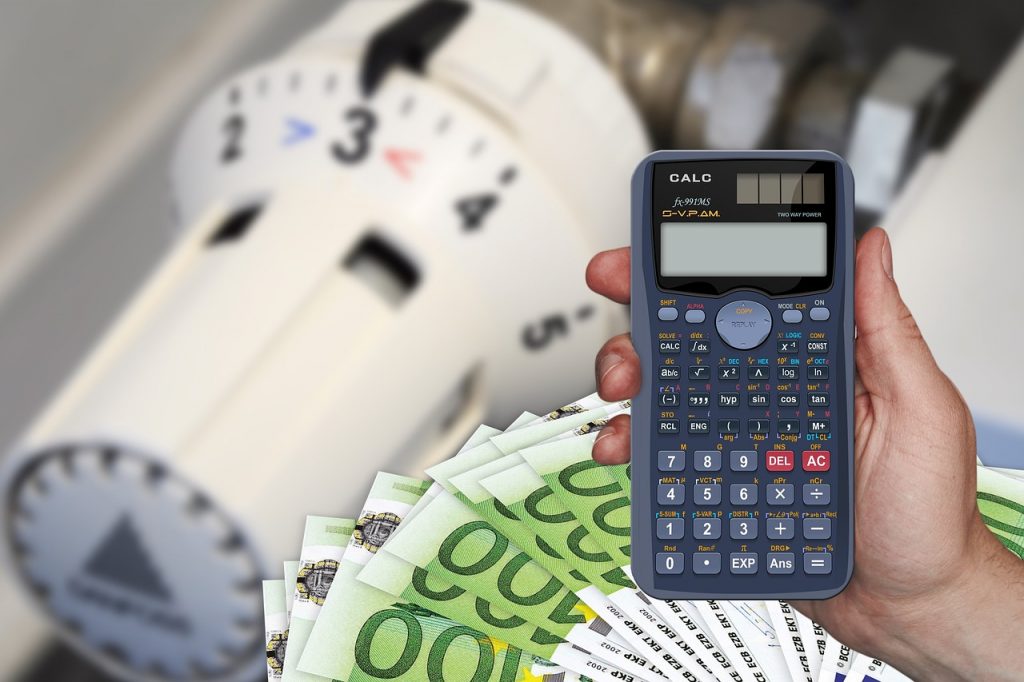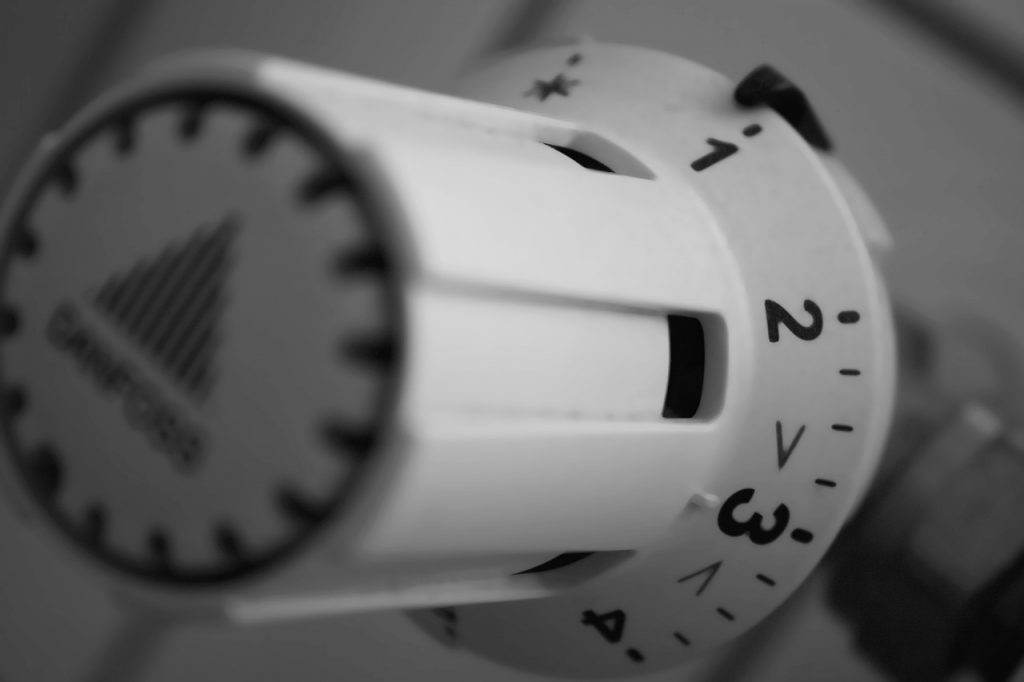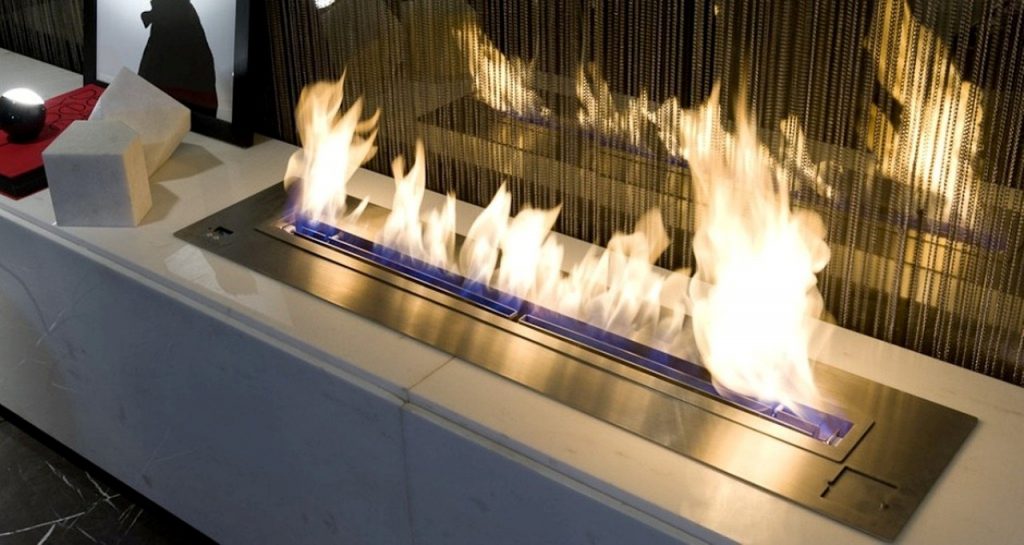Keeping your home warm in the colder months is essential, but heating systems don’t always cooperate. Homeowners in Devon know all too well how frustrating it can be when the radiators stay cold or the boiler refuses to fire up on a chilly morning. The good news? Many common heating problems have simple solutions, and knowing when to DIY and when to call in a professional can save you both time and money.
Common Heating Problems and Their Causes
1. Cold Radiators
One of the most frequent complaints is radiators that either don’t heat up properly or have cold spots. This is usually caused by trapped air in the system, which prevents hot water from circulating efficiently.
Signs:
– Some radiators are warm while others remain cold.
– The top of the radiator is cold while the bottom is hot.
2. Boiler Not Turning On
There’s nothing worse than waking up to a freezing house because the boiler won’t switch on. This can be due to low water pressure, issues with the thermostat, or even a frozen condensate pipe in winter.
Signs:
– No heating or hot water.
– Error codes on the boiler display.
– Strange noises, such as gurgling or whistling.
3. Uneven Heating Across Rooms
If some rooms are toasty while others feel like an icebox, your heating system might have an issue with balancing or blockages in the pipes.
Signs:
– One room stays noticeably colder than the rest.
– Adjusting the thermostat doesn’t seem to help.
4. Strange Noises from Boiler or Radiators
Hearing banging, whistling, or bubbling sounds? This often points to trapped air, limescale buildup, or a failing pump.
Signs:
– A “kettling” noise (similar to a kettle boiling).
– Loud banging or clanging when the heating turns on.
DIY Fixes for Minor Heating Issues
While some heating problems require professional attention, there are a few you can handle yourself.
Bleeding Radiators
If you’ve got cold spots on your radiators, try bleeding them to release trapped air. Here’s how:
- Turn off the heating.
- Use a radiator key to open the bleed valve slowly.
- Let the trapped air escape (you’ll hear a hissing sound).
- Once water starts to drip out, close the valve.
- Switch the heating back on and check if the issue is resolved.
Checking the Boiler Pressure
Low boiler pressure can stop your heating system from working efficiently. Look at the pressure gauge. If it’s below 1 bar, you may need to repressurize the system.
- Locate the filling loop under the boiler.
- Slowly open the valve until the pressure reaches 1.5 bar.
- Close the valve and reset the boiler if necessary.
Thawing a Frozen Condensate Pipe
In Devon, winter temperatures sometimes drop low enough to freeze your condensate pipe. If your boiler has suddenly shut down, a frozen pipe could be the culprit.
Fix it by:
– Locating the pipe (it’s usually outside or near an external wall).
– Pouring warm (not boiling) water over the affected section.
– Resetting your boiler once thawed.
When to Call a Professional Heating Engineer
While DIY fixes are great for minor issues, some heating problems require expert attention. Here’s when it’s best to bring in a professional:
- Boiler Failure with Error Codes – If your boiler displays a fault code you don’t recognize, it’s safer to have an expert diagnose the issue.
- Frequent Pressure Drops – If you constantly need to repressurize your system, there may be a hidden leak.
- Strange Smells (Gas or Burning Odors) – A gas leak or electrical fault is a serious risk. Turn off your system and call an emergency engineer immediately.
- Cold Radiators Even After Bleeding – This could indicate a sludge buildup that requires a professional power flush.
- Continuous Noises from the Boiler – Whistling or banging sounds suggest a problem that needs expert assessment.
Preventative Maintenance Tips for Efficient Heating
A well-maintained heating system runs more efficiently and lasts longer. Here are some simple steps to keep your boiler and radiators in top shape:
- Schedule an Annual Boiler Service – A qualified engineer can spot small problems before they turn into expensive repairs.
- Bleed Your Radiators Regularly – Keeping them free of trapped air ensures they heat up properly.
- Check Your Thermostat Settings – A thermostat that’s too low or malfunctioning can cause unnecessary heating issues.
- Keep an Eye on Pressure Levels – Make it a habit to check your boiler’s pressure gauge every now and then.
- Use Your Heating Occasionally in Summer – Running your heating system for a short period during warmer months helps prevent parts from seizing up.
A bit of routine maintenance can make all the difference in keeping your heating working efficiently and avoiding those dreaded winter breakdowns.
Frequently Asked Questions
What should I do if my heating stops working suddenly?
First, check your thermostat settings and boiler pressure. If everything looks fine, try resetting the boiler. If the issue persists, check for error codes and call a professional if necessary.
How often should I bleed my radiators?
It’s a good idea to bleed your radiators at least once a year, preferably before the winter season starts. If you notice cold spots, it may be necessary to do it more frequently.
Is it normal for my boiler to make some noise?
A low hum or faint noise is normal, but loud banging, whistling, or clanging usually indicates a problem. Contact a heating engineer if your boiler is making unusual sounds.
How can I prevent my condensate pipe from freezing?
To avoid frozen pipes, insulate the condensate pipe with foam pipe lagging. On extremely cold nights, consider leaving your heating on at a low setting to keep water moving.
How long does a boiler typically last?
Most boilers last between 10 to 15 years with regular maintenance. If yours is approaching this age and frequently needs repairs, replacement might be the best option.
A warm, comfortable home in Devon doesn’t have to come with endless heating woes. By knowing how to troubleshoot common problems and when to seek professional help, you can keep your system running smoothly and efficiently. If you’re dealing with a stubborn issue, don’t hesitate to reach out to a qualified heating engineer. It’s always better to address small problems before they turn into costly repairs.




